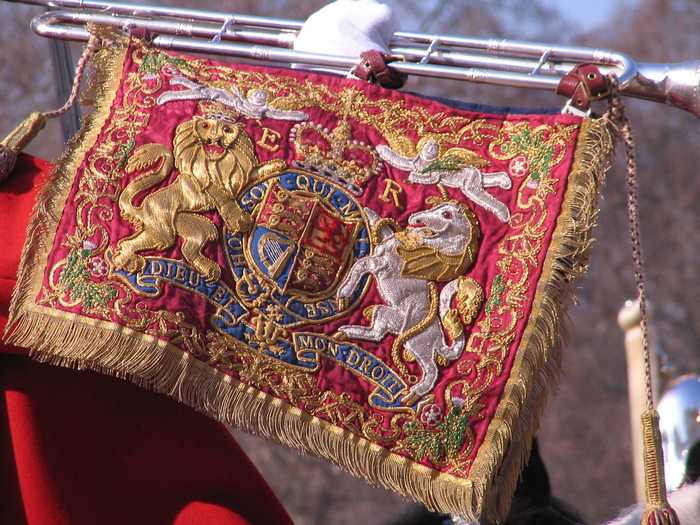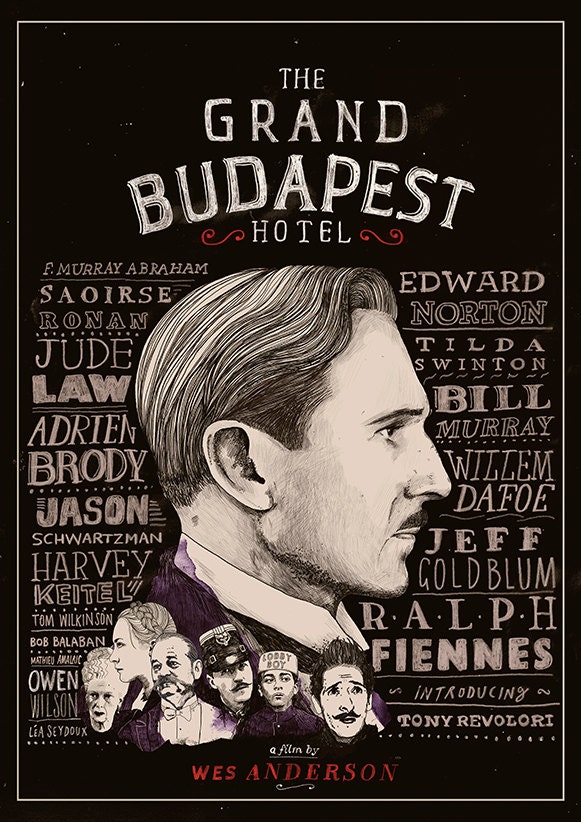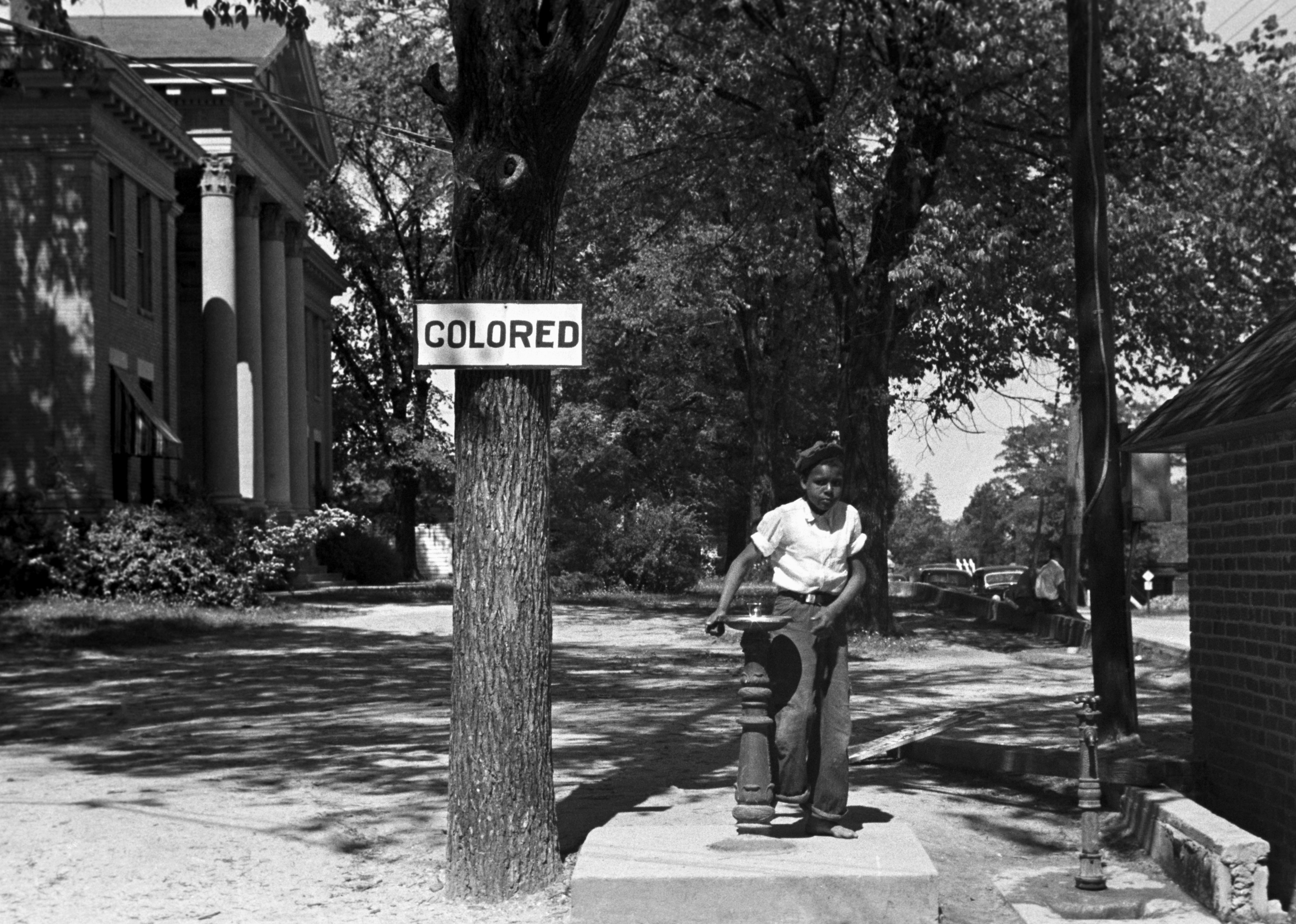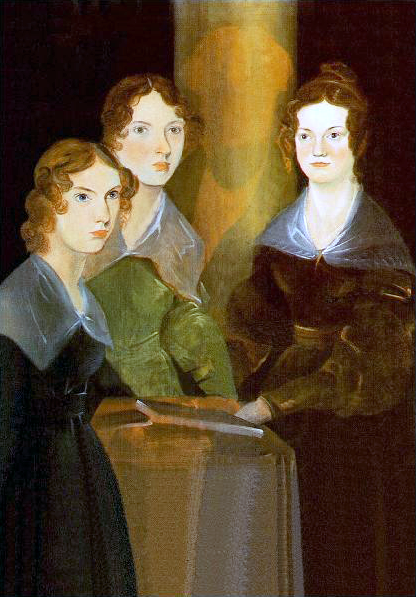For a few decades, the whole world has been the stage of brutal, outlandish and bizarre political ideologies, whose Orwellian emblems –Hitler, Stalin, Mussolini, Pol Pot, Mao and many others- were so ruthless and maybe even bloodier than some Ancient World’s megalomaniac tyrants such as Caligula, this insane and self-absorbed Roman emperor.
But although mankind is supposed to improve and learn of its errors, some recent systems were so Orwellian that even Orwell would have had troubles envisioning them. One of them could be Mao’s Cultural Revolution, which unfold from 1966 to the dictator’s death, about 10 years later. Its purpose was to eradicate the educated upper class in the name of the communist ideology, which implies the equality of people on every level. It aimed at erasing the « Four Olds », so old ideas, old culture, old customs and old habits, which means everything this era’s Chinese society was based on…The so-called « young intellectuals »- youths who attended secondary school- and bourgeois were deemed to be as many ennemies of the people. According to the government, they needed to be « re-educated‘, and to do so, were sent off to the underdevelopped peasants of the countryside, alleged more virtuous. Between 1968 and 1975, around 12 million youths were thus »rusticated. »

Dai Sijie, a Chinese filmmaker and writer, who is also the author of the novel I am going to tell you about, was one of these young men. He lived and worked in the Sichuan Province’s mountains between 1971 and 1974 and has then turned his experience into a poetic and touching story « Balzac and the Little Chinese Seamstress », published in France a few years ago, to huge acclaim. He shows that way China’s ambivalent attitude to both its past and present.
The novel’s narrator, Ma, is a serious, silent, and talented violonist and son of two hard-working doctors, whose crimes were to be « stinking scientific authorities. » His friend Luo, who shares his adventures on the countryside is his whole contrary; not only bold but without scruples in helping himself to what he wants. He is also the son of someone altogether more dangerous: Mao’s personal dentist, who couldn’t prevent himself from telling his relatives about his exalted patient.
»Here was an eminent dentist stating publicly that the Great Helmsman of the Revolution had been fitted with new teeth, just like that. It was beyond belief, an unpardonable, insane crime, worse than revealing a secret of national security. »
Packed off to the damp, remote mountains that you can easily imagine if you have already seen stylized paintings of pre-Revolutionary chinese landscapes, our first nameless narrator and his friend Luo realize that their « re-education » is entrusted to a group of illiterate and former opium traffickers, whose wisdom is justified by being part of the respectable peasantry. Solicitous to get rid of anything « western » or « reactionary« , the head of the village, called Chief, goes through their belongings and finds a cookbook and a violin. The cookbook is quickly thrown in the fire after the reading of it spreads expressions of longing into villager’s faces. The violin was about to follow the same path, since Chief decreed that it was a toy. No, says Luo, it is for making music and Ma plays it very well. The first bars of one of Mozart’s sonatas sound like an odd birdsong in the mountains as the villagers are completely unaccustomed to classical western melodies and harmonies. They are eventually allowed to keep this strange instrument as they present this piece as « Mozart is thinking of Chairman Mao« . Later on, Chief will hear Swan Lake, but only agrees to like it once the young men insure him that it was « written for Lenin ». The gap is felt between the town and the mountain. The peasants have never seen an alarm clock for instance; they wake up everyday with the sunrise to go to bed at the sunset. This incredible invention leaves the chief flabbergasted, but he finds it very efficient to make the villagers and laborers work in time…until Luo and Ma change the hands so many times, they quickly lost all notion of time.
Indeed, books and ideas that don’t emanate from the ruling regime are forbidden in the village, as well as western music. Life in the village is hard: Luo and Ma are in charge of some arduous tasks, such as backbreaking work in a coal mine or carrying huge containers of human waste down to the fields, where it is then used to fertilize crops. Their daily life is quite dull, until they meet the bold, full of life, beautiful daughter of the local tailor, known as Little Seamstress, who brings a ray of sunshine in their existence. Although she is unschooled, both of the young men grow fondly attached to her, in different ways.

One of the only true entertainment comes in the form of projection of politically correct North Korean and Albanian movies in another village nearby. Because of their intellectual backgrounds, they are sent by the head of the village to narrate them next to the whole village. The first time they go, they swap the initial plot for an engaging tale, even adding some home-made « snow » crafted from rice skin to enhance their effect. But they soon discover something even more important. One of their bespectacled fellow nicknamed « Four-Eyes« – glasses being of course, the most obvious sign of decadent intellectuals- the coward son of a well-known poet, hides a wooden suitcase full of western books in his hut. After stealing this collection, Luo and Ma begin a new kind of « re-education« ; they read books by Flaubert, Balzac, Kipling, Dostoievski or Gogol out loud for the Little Seamstress. In order not to be caught, the three companions hide their treasure in a far-away cave, where they read the works one at a time, teaching their avid pupil how to read.

The young Chinese Peasant has already became aware of the existence of an unknown world and is eager for discovering it all. As soon as they read the first book of the case, which is Balzac’s « Ursule Mirouët« , the effect is devastating, absolutely revolutionary for the three of them, since even in the hometown of the two young men, the only western books allowed are the complete works of the Albanian Communist leader, as Albania is « a great friend of China ». The subjects mentioned blow their minds away, as they slowly discover a sensual and romantic world, until then missing from their lives, as the Communist ideology studiously forgets them. Moreover, these are as many deep emotions justified and implified by Balzac and the other authors found in the suitcase. The narrator’s own favourite book is no other but Romain Rolland’s « Jean-Christophe », without which, he says: ‘‘I would never have understood the splendor of taking free and independent action as an individual. »
“It was a totally new experience for me. Before, I had no idea that you could take on the role of a completely different person, actually become that person––a rich lady, for example––and still be your own self.” -The little Seamstress
Luo becomes the Little Seamstress’s paramour, and although his attachement is for sure genuine, he can’t help but trying to « civilize » her and to do so, forces many things upon her. For instance, he wants her to use her arms as she swims, rather than dog-paddling like the other villagers do. He also would like her to speak and act more like a city girl, that she isn’t. However, we can easily wonder about who educates-or re-educates- who in this story… Luo, a quite arrogant character, talks about his « fellow Balzac« , with whom he feels equal and certainly superior to the uncivilized peasants, and even his Seamstress, as he seems to think that he is the only one who can provide something to her, and certainly not the contrary. But here comes the irony; it is not Luo and Ma who understand these stories the most, but the Little Seamstress who read into them the sense of what she was missing in such a petty and backward world, that she decides to leave behind. Dressed in her new western clothes, she runs away without listening to her friends, who later understand the frightening power of literature, and why it is feared by the government. Balzac’s words, that Luo calls a « wizard », transformed the little peasant and rose her consciousness as she left the Sichuan province for the city.
»Had we ourselves, » the narrator asks, »failed to grasp the essence of the novels we had read to her? »
Then comes an ellipsis and we are propelled 30 years later. Ma became a successful violonist living in Paris and Luo a father, husband and a professor in dentistry. Although their lives are happy enough, the western culture they embraced looks now common. They both decide to go back to this village they grew up in and it’s merely as if they travelled in time, to the Middle Ages. Nothing changed much, only the crystal-clear laughters of the Little Seamstress are gone with her and Chief’s face looks a lot more wrinkled. They learn that this place lost in the mountains is about to be wiped out by flooding, to build a new electrification dam. The valley will disappear into thin air, just like their memories of this time, that slowly flow by. Both men yearn to see this woman they both loved, but whom they repelled with their books and music. They look after her during a long amount of time, but no avail. Inspired by Balzac, she took control of her life and went exploring this brand new world and herself. But no one knows where she is.
As Luo and Ma are reminiscent of their youth together, their memories are shaped into an underwater vision of this village in 1971, which feels like a tale. The water closes in on them; however it is obvious that something meaningful remains.






 They will also try to keep a mysterious painting called » Boy with Apple » that everyone has their eyes on, they will be
They will also try to keep a mysterious painting called » Boy with Apple » that everyone has their eyes on, they will be








 http://upload.wikimedia.org/wikipedia/en/6/62/BraveNewWorld_FirstEdition.jpg
http://upload.wikimedia.org/wikipedia/en/6/62/BraveNewWorld_FirstEdition.jpg

 http://upload.wikimedia.org/wikipedia/commons/2/29/Segregation_1938b.jpg
http://upload.wikimedia.org/wikipedia/commons/2/29/Segregation_1938b.jpg